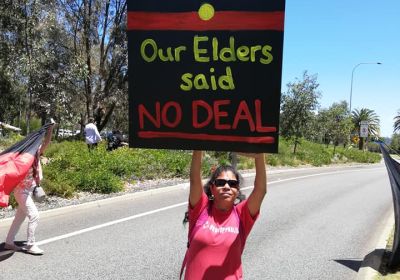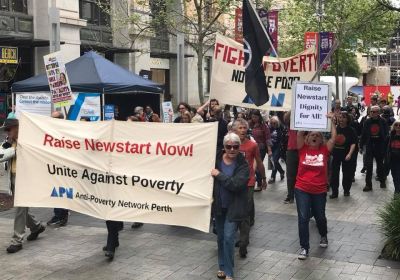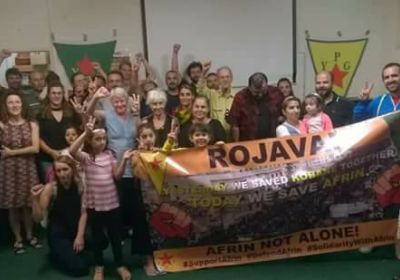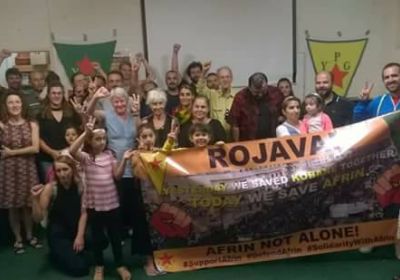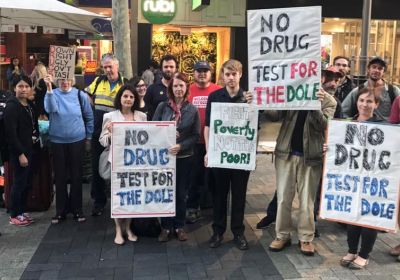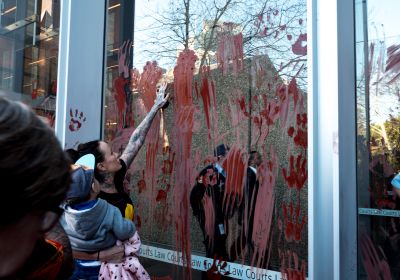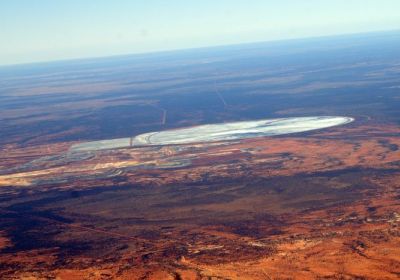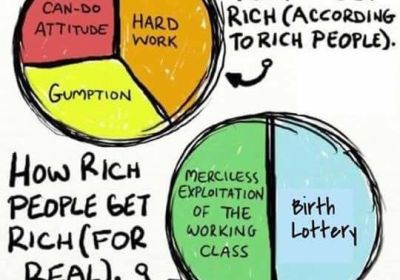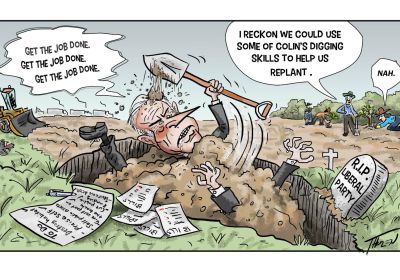-
-
-
-
-
-

A wave of street demonstrations have spread across major cities in Sudan in protest against new austerity measures pushed by the North African country’s government.
-
-
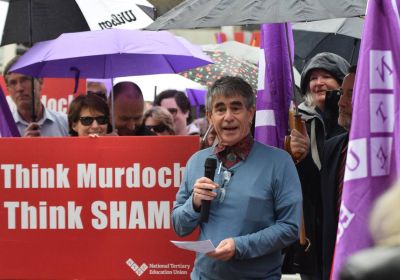
Members and supporters of the National Tertiary Education Union (NTEU) rallied on July 4 outside the WA Fair Work Commission (FWC) in protest against Murdoch University’s application to terminate the union’s enterprise bargaining agreement (EBA).
-
-
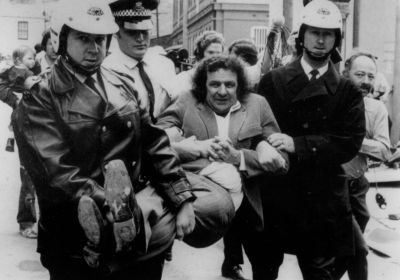
Any book on the modern urban heritage movement would at least make mention of Jack Mundey and the 1960s Green Bans, but for Sydney-based architect James Colman, Mundey’s figure continues to loom large over his city.
-
-
Chris Jenkins
Chris Jenkins
